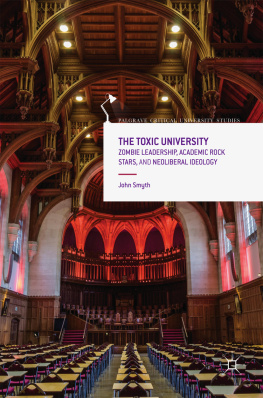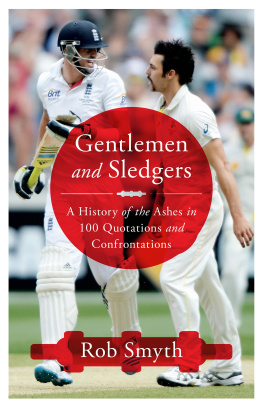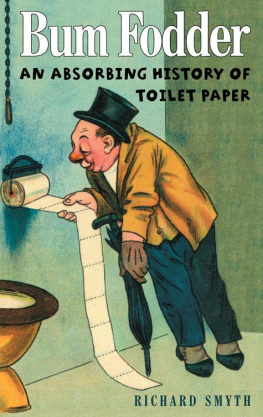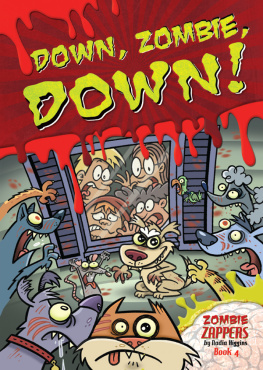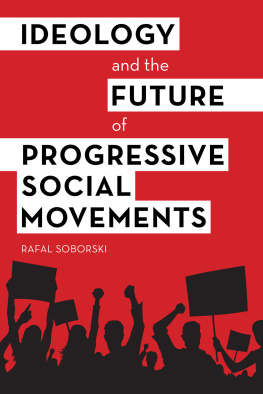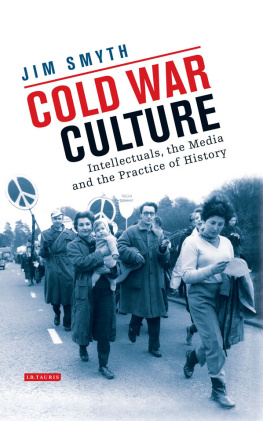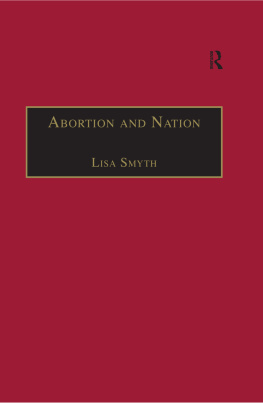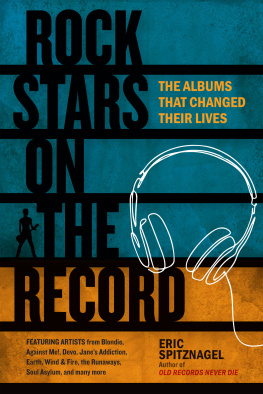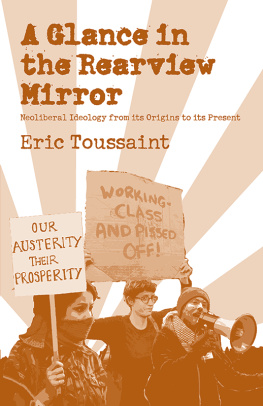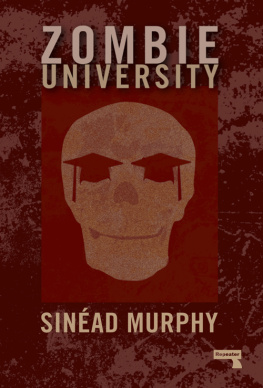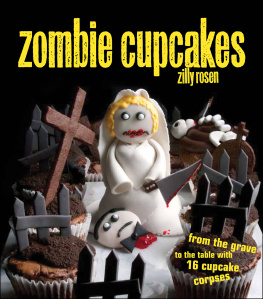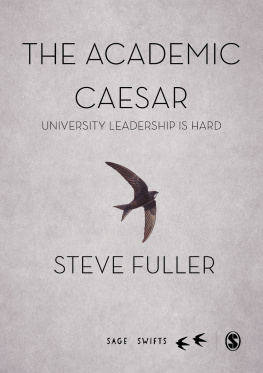What Is This Book About?
I can cut to the essence of what this book is about through retelling an anecdote. In the opening pages of his book Surviving identity , McLaughlin () talks about growing up in Scotland in the 1970s and of it not being uncommon in the streets of cities and towns to see eccentric looking men wearing sandwich-boards proclaiming that the end is nigh (p. 1). We have all seen them, and they are usually railing against all manner of sinful practices and urging us to buy into their particular religious views in order to be saved. As McLauglin says, we generally ignore these people, treat them as being harmless, regard them as having some sort of mental problem, and go on with our business.
McLaughlins point is that while we have no difficulty in dismissing the sandwich-board proclaimers as being somewhat deranged and alarmist, we are much more reticent to dismiss a whole range of not dissimilar contemporary practices that are underpinned by fear and the same survivalist mentality. McLaughlins claim is that these days we are continually assailed by political claims that unless we follow certain policy trajectories and ideologies presented to us, and construct our lives accordingly in particular ways, we will be doomed! In other words, if we want to be survivors, to use McLaughlins terminology, then we will have to construct ourselves along the lines of a certain kind of identity.
The fear-inducing industry is possibly the most powerful, potent, pervasive, and profound force shaping all aspects of our contemporary lives, as Furedi () has shownand this extends considerably beyond the obvious threat of terrorism . What we are being told by our political and policy elites is that we are under threat at a number of levelscollectively as a society, there is the constant spectre of economic oblivion by our smarter international economic competitors; at the level of our social institutions, universities as a particular example, face certain obliteration unless we continually strive to be in the top echelons of the academic rankings of world universities; and, individually, academics within universities will perish unless they operate and comport themselves according to a particular set of narrowly conceived rules, in order to survive and insulate themselves from a precarious and fiercely competitive academic world.
What this book is seeking to do is to puncture some of these deeply entrenched and emotional myths as they pertain to the kind of academic identity that is being constructed in/by the contemporary university, and the way academic work is being shaped. It pursues two basic questions:
Why have academics been so compliant in acquiescing to the construction of universities as marketplaces ?
When universities are conceived in econometric terms, what is the effect, and what kind of consequences flow?
The elephant in the room question, after we strip away all of the marketing hype universities construct around themselves is:
Why Am I Writing This Book, and in This Particular Way?
It is not always the case that in academic writing we stop and ask ourselves the questionwhy am I writing this, especially in the present times when universities are continually reminding us to publish or perish. It is almost a no-brainer! However, this is hardly a justification for writing a book like this one, especially where there are already hundreds of books that describe the carnage being done to universities around the world. The fact that I am writing this at all is all the more remarkable, given that I am no longer in a remunerated university position. I am what is euphemistically called an independent scholar, made surplus to requirements, and who is not driven by the mantra of the performativity agenda.
The explanation of why this book has come into existence at all resides, in my case, in looking back over more than 40 years as a university academic, in light of the most recent marketized turn (Rule ) that has brought with it a particularly viscous and unsavoury ensemble of unwarranted intrusions into universities that are having all kinds of pathological effects . So what, you may ask? Thats life, and life has changed in all kinds of ways, so just move on! It is not so simple.
If I can put a more precise finger on my animating motive, and there has to be one in taking on such a mammoth task in retirement, then it has to be to try and cast some light on what I am calling getting an academic life , and the obstacles and impediments. As a number of scholars have indicated before me, there is something mystical, even magical, about how one gets an academic lifemost of it occurring out of sight, invisible to the eye, and at best what we get to see, are the products at the end, and only passing glimpses of the process. I will not be venturing into that space, because it has already been donefor a superb collection of examples on the hidden from view nature of academic work , see the edited collection Academic working lives by Gornall et al. ().
When massive and possibly irreversible damage is inflicted upon a social institution with little or no opposition, then this ought to be a cause for alarm. When the work of that institution is poorly understood, or mischievously misrepresented in the wider public imagination , then this ought to add urgency to the angst. When that institution happens to be the last remaining place in which social critique and criticism is incubated, nurtured, fostered, encouraged, and supported, then our indignation ought to be almost in hyper-drive. Well, that is the situation in contemporary universities today, and most of what is occurring is largely invisible, and is being covered up or shrouded with a logic that is simply laughable. Put as directly as I can state it, what is happening to universities is placing our societies in a parlous and possibly terminal state.
If we are to unmask what is going on within and to universities, then we need to look forensically at the forces at work and the pathological and dysfunctional effects that are placing academic lives in such jeopardyhence my somewhat provocative-sounding title the toxic university .
One of the most succinct explanations of what is animating me in writing this book was put by Lucal ( [1959]) in his The sociological imagination when she said:
neoliberalism is a critical public issue influencing apparently private troubles of college [university] students and teachers. (p. 3)
I could not have put it any better myself. To briefly unpick the distinction Lucal is making, just so we do not miss its significance, Mills ( [1959]) argued that the purpose of sociology as a perspective, is to go beyond what are presented as personal troubles (p. 14)which he argued reside inside individuals and their livesto looking instead at the public issues (p. 15) that constitute the social, economic, and political forces that are really responsible for, and that lie at the heart of these troubles.
As I have argued elsewhere (Smyth et al. , p. 29).
My title to this chapter of getting an academic life could quite easily be misinterpreted. It could be seen as an opening for the provision of a recipe into how to get a sinecurea cushy, nice, clean, well-paid, and not too demanding job, with lots of holidayswhich is the way academic work is constructed in the wider public imagination . Nothing could be further from my intent. The real academic is the complete reverse of its public caricature!

